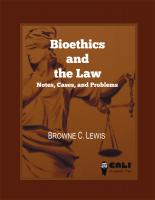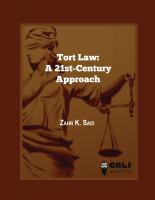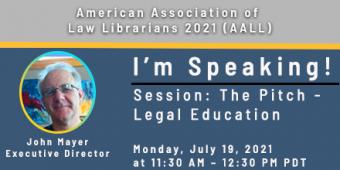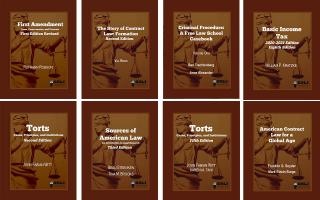SEALS 2021 Conference Monday, July 26, 2021 3:00 PM - 6:00 PM
WORKSHOP ON ONLINE EDUCATION WORKSHOP
Discussion Group: The Business of Online Legal Education—Accreditors and External Stakeholders' Interests in Shaping Online Education
This panel introduces the participants to the wide range of internal and external stakeholders in legal education, including the ABA, educational publishers, technology partners, and others who are both helping the law schools deliver online and hybrid education and who are also shaping the choices available to law schools regarding the tools and environment in which to operate. The program will take a look at resources for faculty, the growth of online consortiums, issues involving the verification of test-takers, and similar considerations.
Moderator: Dean Greg Brandes, St. Francis School of Law
Discussants: Mr. William Adams, American Bar Association Section of Legal Education and Admissions to the Bar; Ms. Sara Berman, AccessLex Institute; Ms. Pamela Siege Chandler, West Academic; Professor Samuel Farkas, The BarBri Group, Vice President of Instruction & Online Education; Professor Jon Garon, Nova Southeastern University Shepard Broad College of Law; Professor Max Huffman, Indiana University Robert H. McKinney School of Law; Mr. John Mayer, CALI (Computer-Assisted Legal Instruction); Professor Rebecca Purdom, Emory University School of Law; Professor Victoria Vanzandt, University of Dayton School of Law







